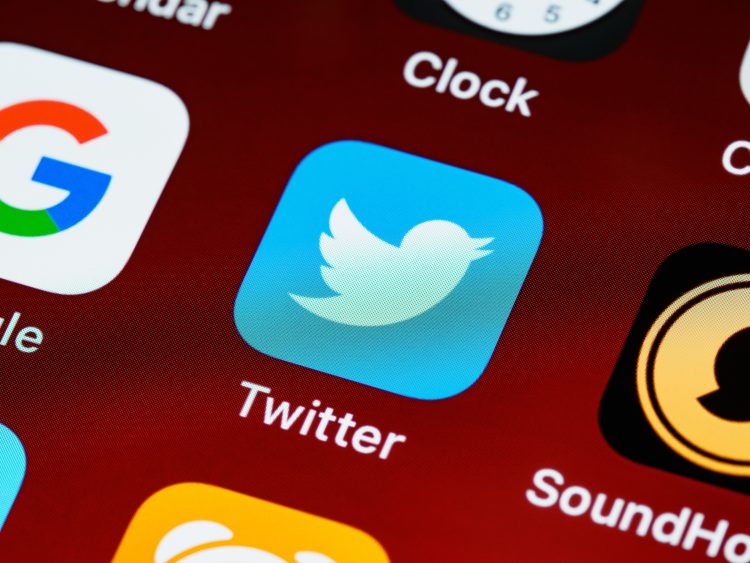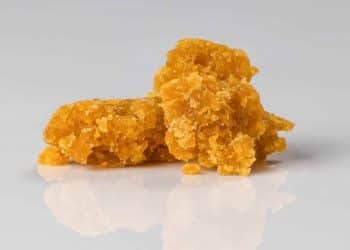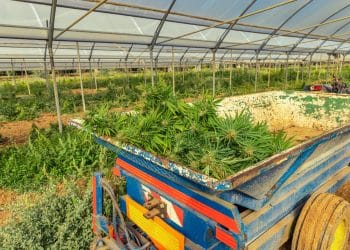Scientific, economic, and social research on cannabis is occurring at a pace faster than at any other time in history. As technology advances, so do the ways in which researchers gather information. Twitter is relatively new to modern society, and it has become a valuable source of information on cannabis use, notably for a study [1] on edibles.
Of all the forms of cannabis consumption, edibles may be the one most often associated with adverse effects. Because they are ingested in food and subject to first-pass metabolism, appropriate dosages are difficult to pinpoint. For this reason, there are far more edible horror stories than there are bad-trip joint stories.
Although these experiences are joked about long after the user has come down, they are not necessarily funny. In fact, this lack of understanding surrounding tetrahydrocannabinol (THC) dosages is somewhat disturbing, as are the consequences of overconsumption, which may include anxiety, uneasiness, nausea, vomiting, headaches, and more. Fortunately, standardization is occurring in the edible production world, and researchers are looking deeper into the effects of edibles.
In 2016, researchers published a study in which they analyzed the content of Twitter messages relating to cannabis edibles. [1] Their principal objective was to analyze Twitter users’ perception of edibles.
Between May 1 and July 31, 2015, the team collected 100,182 tweets that referred to cannabis edibles. A sample of 3,000 was randomly selected. The tweets were then filtered and sorted by source (media, retail, user), and then users’ tweets (1,653) were coded by sentiment, receiving either a positive, negative, or neutral to describe the user’s overall perception of edibles.
In general, researchers found that the sampled Twitter users’ experiences with edibles were positive overall, with 56.8% of them relating a positive attitude compared to only 13.2% being negative. Additionally, researchers discovered that most tweets about edibles came from states where cannabis was legal for recreational purposes. [1]
Negative outcomes featured expressions such as:
- “That was not edibles. That was a square shaped piece of my personal hell.”
- “Edibles need to be less unpredictable: I had ONE peppermint and slept for 6 hours. I had plans damn it.”
- “Edibles. Might be high. Might not be.”
Positive outcomes featured expressions including:
- “I’m gonna sleep like a baby tonight, I ate some edibles.”
- “I would legit quit smoking if edibles were available more often.”
“U should make your own cannabutter, is a good way 2 manage your pain w(ith) edibles.”
The negative tweets emphasized unreliability; positive tweets related the quality of the experience and improved sleep.
The study had its limitations, which were primarily due to the fact that the information was collected from the Internet. Important demographic information, such as race, age, sex, and socio-economic status were not available. Even so, the information that can be gleaned from tweets regarding cannabis edibles can help industry professionals and policy makers better improve the edible experience, thanks to the timely information regarding consumption trends and issues contained in these tweets. The study also illustrates how social media can be harnessed by scientists.
Image Source: Brett Jordan via Pexels
Reference:
1- Lamy FR, et al. “Those edibles hit hard”: Exploration of Twitter data on
cannabis edibles in the U.S. Drug and Alcohol Dependency. 2016;164:64-70. [Impact Factor: 4.492; Times Cited: 66 (Semantic Scholar)]












